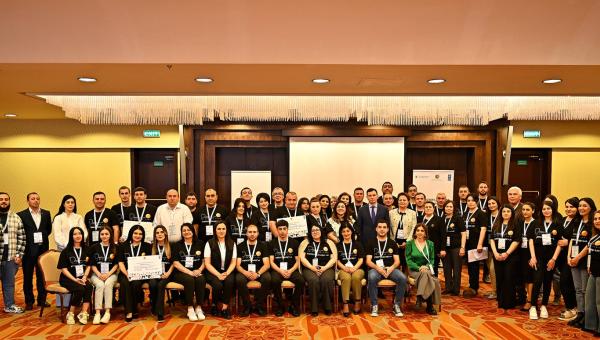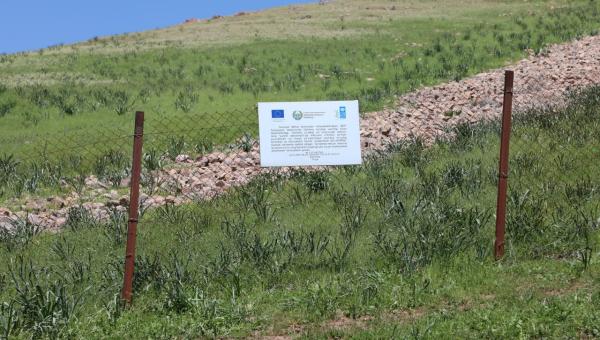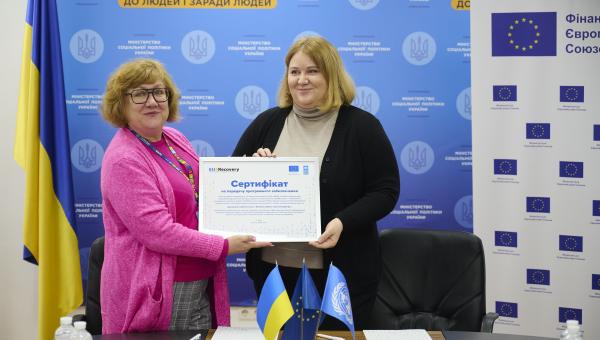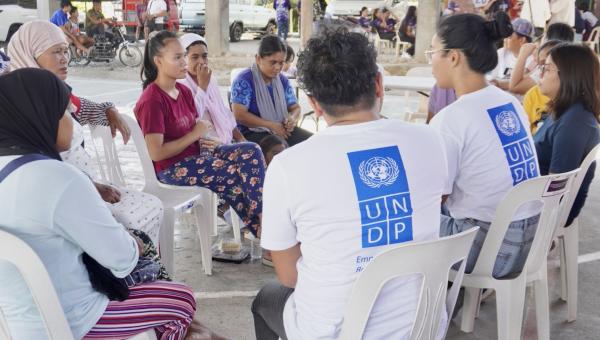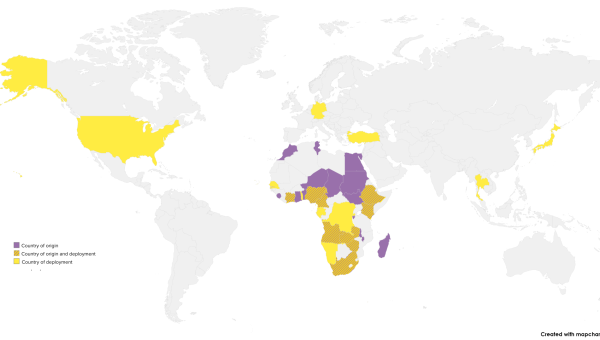Implementing norms, changing minds
Summary:
Violence against women in Montenegro is unacceptably high: according to our latest research, every second woman has experienced some form of violence in her life, while every fifth reported to have experienced it over the past 12 months. At the same time, institutions are not well equipped with knowledge and capacities to address this issue, while professionals predominantly share the same belief as citizens – that violence in family is a private matter and that when it occurs, family should be preserved at all costs. Legal framework still needs to be improved, as well as judicial sanctioning, to assure that perpetrators and criminals are adequately penalised. Consequently, victims’ trust in the institutions remains low and the majority of cases end up unreported. UNDP works systemically with all stakeholders, including institutions at local and national levels and CSOs. We joined forces to raise awareness among both public and the professionals on why violence must be reported, properly treated and why victims must be in focus of coordinated institutional response. Women`s NGOs providing support to the victims have an important place to play and we work to enhance their capacities to ensure their compliance with accreditation and licencing for specialised service providers.
Regional programme “Implementing norms, changing minds” – funded by the EU, implemented by UN Women, aims at ending gender-based discrimination and violence against women, with a particular focus on the most disadvantaged groups of women, in six Western Balkans countries and Turkey. Montenegro component is implemented by UNDP.
Objectives:
- To adopt frameworks addressing gender-based discrimination and violence against women (VAW), aligned with international standards enshrined in CEDAW and the Istanbul Convention, as well as the EU Acquis communautaire, which are crucial to address impunity, and convey the message that VAW is not tolerated.
- Implementation of such frameworks remains a challenge, which we aim to address. Strengthening women's organizations, including through capacity building, to hold governments accountable, advocate for effective implementation, and monitor to prevent and respond to VAW is imperative. Addressing the root and structural causes of gender inequality, and violence against women as one of its most pervasive expressions, requires a transformative change in society and communities' beliefs and perceptions on discriminatory gender stereotypes.
- Protection, prevention and response to VAW is closely interlinked with availability and access to comprehensive, coordinated, inter-disciplinary, and sustained multi-sectoral services and its demand from the survivors/victims' side.
Activities:
Civil society organisations and UNDP have been advocating for changes in several key laws, including Criminal Code, Law on Protection from Violence in Family and Law on Social and Child Protection.
The ongoing social welfare reform is directly linked with handling violence cases. Coordinating institutions in the system of multidisciplinary support are Centres for Social Welfare, which are struggling with low capacities. Although the system of multidisciplinary support to victims exists, it is not well functional and often perpetuates traditional stereotypes. Victims reportedly get re-traumatised, frequently demonstrate lack of trust in institution representatives and drop the court case, looking predominantly for NGO support.
On the other side, NGOs are highly dependent on international donors and still face passive resistance when partnerships with institutions are in question. Therefore, programmatic focus in Montenegro was given to development of capacities of local women’s groups to:
a) respond to the actual need for support to victims of violence;
b) create enabling environment for better services for victims;
c) contribute to development of sustainable long-term partnerships with institutions.
In parallel to this process, NGOs have been supported to run community-based campaigns tackling most disadvantaged groups of women, such as Roma, and raising awareness about the problem of early arranged marriages.
Results:
- Strengthened women's organizations' voices to inform legislation and policy reform in line with CEDAW and the Istanbul Convention.
- Ensuring the women NGOs are licensed providers of services for victims of violence against women.
- Through strategic joint advocacy actions that target decision-makers, there have been significant improvements in the system of protection of victims of gender-based violence; as well as in the creation of preconditions for preventive, protective and prosecuting standards in line with the provisions in the Istanbul Convention.
- GREVIO’s recommendations, which were significantly based on input from UNDP and programme-supported NGOs, serve as a foundation for further advancement of legal framework and its effective implementation.
- Better access to and improved service provision for women from minority and disadvantaged groups.

 Locations
Locations